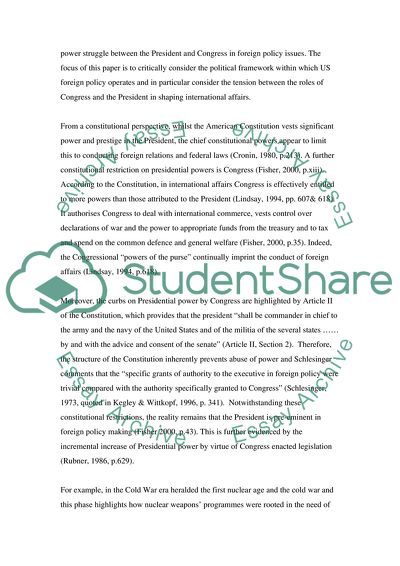Cite this document
(Essence of Decision Assignment Example | Topics and Well Written Essays - 2250 words, n.d.)
Essence of Decision Assignment Example | Topics and Well Written Essays - 2250 words. https://studentshare.org/philosophy/1720578-the-foreign-policy-of-the-us
Essence of Decision Assignment Example | Topics and Well Written Essays - 2250 words. https://studentshare.org/philosophy/1720578-the-foreign-policy-of-the-us
(Essence of Decision Assignment Example | Topics and Well Written Essays - 2250 Words)
Essence of Decision Assignment Example | Topics and Well Written Essays - 2250 Words. https://studentshare.org/philosophy/1720578-the-foreign-policy-of-the-us.
Essence of Decision Assignment Example | Topics and Well Written Essays - 2250 Words. https://studentshare.org/philosophy/1720578-the-foreign-policy-of-the-us.
“Essence of Decision Assignment Example | Topics and Well Written Essays - 2250 Words”. https://studentshare.org/philosophy/1720578-the-foreign-policy-of-the-us.


